Sex Tourism in Ancient Greece – Lesbos Island
The entire pantheon of Greek gods is famous for its hedonistic antics and sexual exploits. The truth and the ancient history of the island of Lesbos, for a long time it was associated with lesbianism, but it was very different from what is usually believed.
In this way, in a BBC documentary and article it is stated that the island was historically a habitual destination for men who practiced sex tourism!
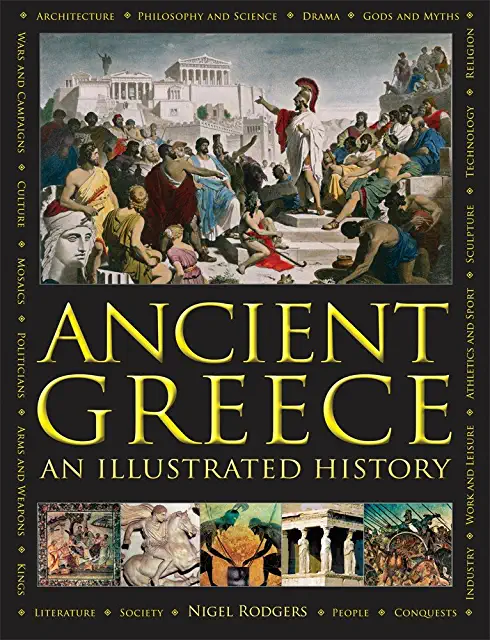
In Greek myths, Zeus transforms into a swan, a bull, and golden rays of light to seduce mortal women. Likewise, Tiresias, the Theban who would have been both a man and a woman, was blinded by Hera by claiming that women enjoyed sex more than men, which caused the goddess Hera to lose a bet with Zeus (Zeus, in return , granted Tiresias the power of clairvoyance and rewarded him with a long life).
And what about poor Dionysus and the wild and violent Maenads who used to tear him apart every year in their sexual frenzy? Or chaste Artemis when she was maddened with rage at being discovered naked, bathing with her maidens, by Actaeon whom she turned into a stag and hunted with his own hounds?
Let’s not forget Apollo, Pan and many others who chased after unwilling young nymphs, having to transform themselves into trees or reeds in order to escape the unpredictable consequences of lying with goddesses?
“The kidnapping of Europa”, a myth in which Zeus turns into a bull to seduce Europa. Oil painting of 1716, work of the painter Jean François de Troy (1679 – 1752). National Gallery of Art, Washington, United States. Public domain.
Eroticism and Divinity: The Loves of Zeus
The ancient Greeks embraced homosexuality, both male and female, but they also enjoyed a real place famous for its sexual encounters, the island of Lesbos, where women known for their great beauty had relationships with men who came there on vacation, in a kind of sex tourism.
Lesbos was the ancient capital of Aegean sex tourism for men. In fact, the British BBC television channel itself has assured that Lesbos was, in ancient times, the equivalent of the current Magalluf: a tourist city on the Spanish island of Mallorca, known for its libertine parties, and its sexual tourism.
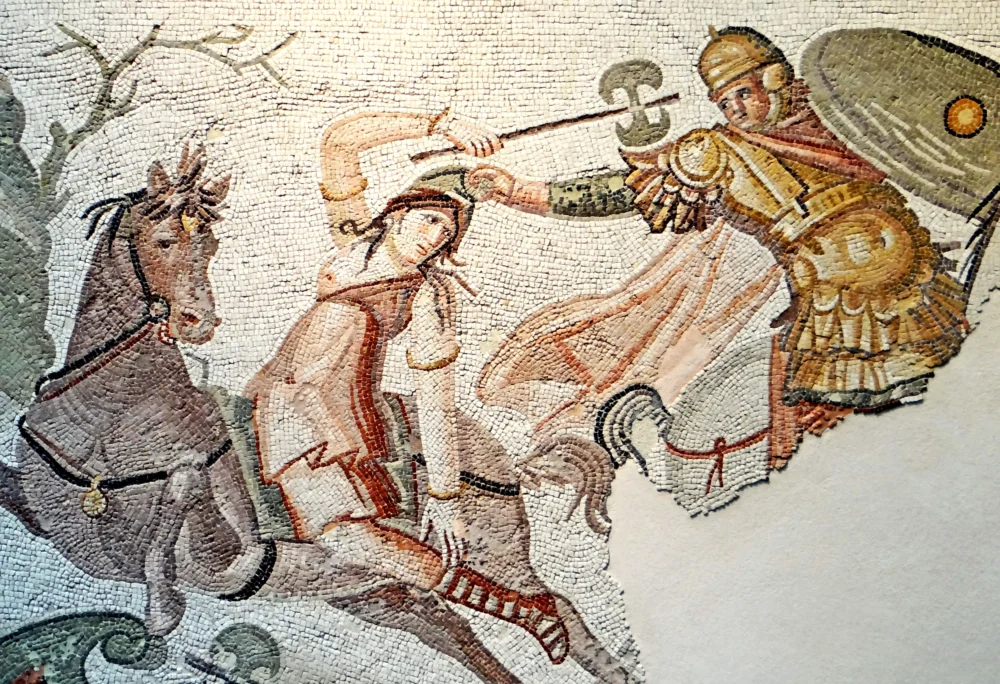
In The Greek Reporter we can read that the women of Lesbos were irresistible, but not because of their brute strength or their numerical superiority, but because of their extreme beauty.
“The women of Lesbos were reputed to be tremendously beautiful. They really were supposed to be the sexiest creatures in the entire Greek world,” Edith Hall, from King’s College London, told the BBC, adding: “In ancient Greece, the word ‘lesbian’ referred to women native of Lesbos ”.
Warrior women in greek mythology
Within Greek mythology there were certain warrior women, daughters of Ares (god of war) and Harmonia, whose legend spread throughout Greece. They possessed a physical strength similar to that of the best male warriors; they also carried weapons well made by them, since the land where they originally came from was rich in iron.
In order for these women of warrior lineage to handle the bow and arrow well, their right breast was cut off and that is why they were known by the name of Amazonas, since the etymology of this word obviously comes from from the Greek and is composed of the negative prefix A and the word Mazos which means sine (without sine).
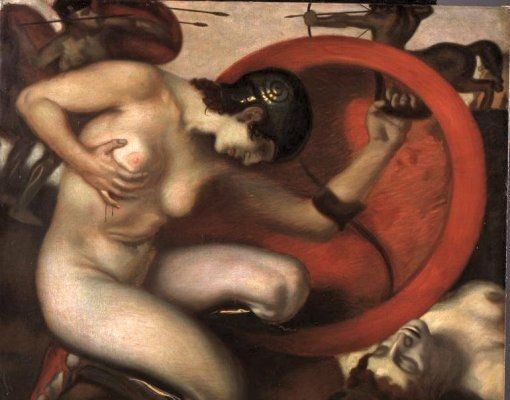
Moving to the Island of Lesbos
Gradually, the Amazons separated from their families and formed a community entirely made up of women and in which they did not accept men, except in cases in which they needed to reproduce. Pursuing this goal of reproduction, they settled on the Island of Lesbos, waiting for shipwrecked people who came to their kingdom and wanted to satisfy their sexual appetite. When this happened, they were held as slaves for nine long months, until they gave birth to their children.
If the newborns were girls, the Amazons adopted them and instilled in them the art of war and if they were boys, they gave them to their respective parents and set them free. The Amazons settled on the Island of Lesbos and engaged in great battles with armies of men, as we see in this painting by Rubens.
The Amazons, in their heyday, faced brave Greek warriors and although they could never be victorious, they offered tough resistance. His queen was Hippolyta, who commanded the army of brave warriors. Among his most outstanding fights are the battles against the army of Bellerophon (who also participated in the Trojan War), against Theseus (who raped Hippolyta and obtained his son Hippolytus from her), against Heracles (Hercules), against the Achaeans in the Trojan War and against Achilles.
However, they also established friendly relations with the Argonauts (Argos warriors), whom they hosted when they had a mission to rescue a treasure called the Golden Fleece.
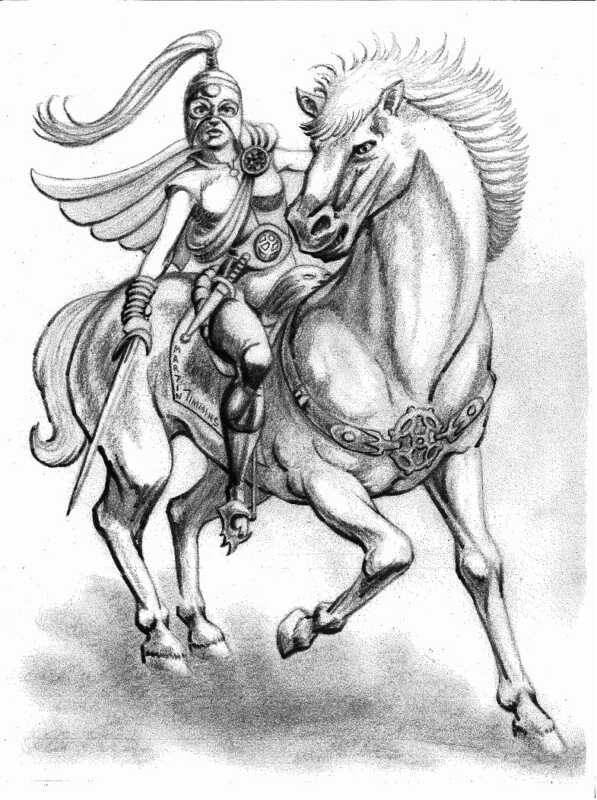
Hercules and the Amazons
Heracles (Hercules) kills Queen Hippolyta to steal her golden belt and thus fulfill the ninth labor imposed on him by the tyrant Eurystheus. But among all these battles, there were two that are the most significant: the first is the one that pitted Heracles against Hippolyta. Among one of the twelve obligatory tasks that were imposed on Hercules, was the mission to steal the queen’s golden belt. On this mission, Heracles killed Hippolyta and stole her belt.
The other famous battle is the one between the successor of Hippolyta, her daughter Penthesilea and Achilles in the Trojan War: since the Amazons joined the Trojan army to defend the walls from the siege of the Greeks, the meeting between the best Amazon warrior and the best Achaean warrior did not wait.
In this encounter, Achilles killed Penthesilea in the confrontation, with the detail that at the moment of thrusting his sword into the Amazon’s remaining breast, he felt madly in love with her and was greatly saddened to see her already lifeless. .
The truth is that the existence of the Amazons was recorded in history, like the famous Amazon river in Brazil, which received its name when the army of Orellana, a Portuguese conqueror, confronted some women on the banks of the river with a fury militant similar to that of the legendary Amazons, from which the river received its name.
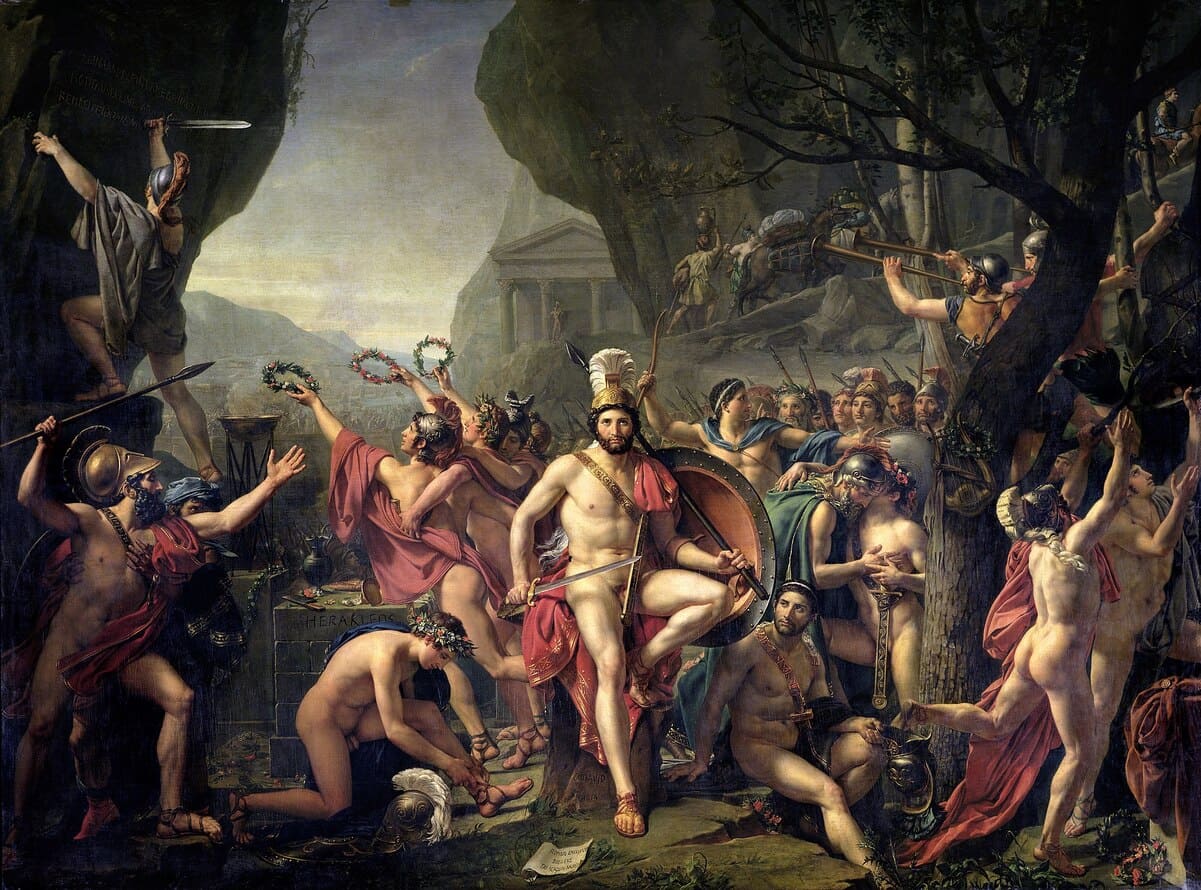
Safo
The most famous historical figure from Lesbos is the poetess Sappho, a woman who praised the beauty of the beautiful women of the island in her odes. Very little is known about this writer who lived around 630 BC. c.
Sappho defined herself as a lyrical author, since her writings were intended to be recited accompanied by the use of the lyre. She was also an absolute innovator, since she was one of the first poets to write in the first person, thus transmitting her own personal and individual experience. Her work has become a symbol of love between women.
The BBC sent a team of journalists to Lesbos to investigate the island’s sexual history and the life of this enigmatic woman. Most of Sappho’s poetry is lost, but fragments of it have survived, including this
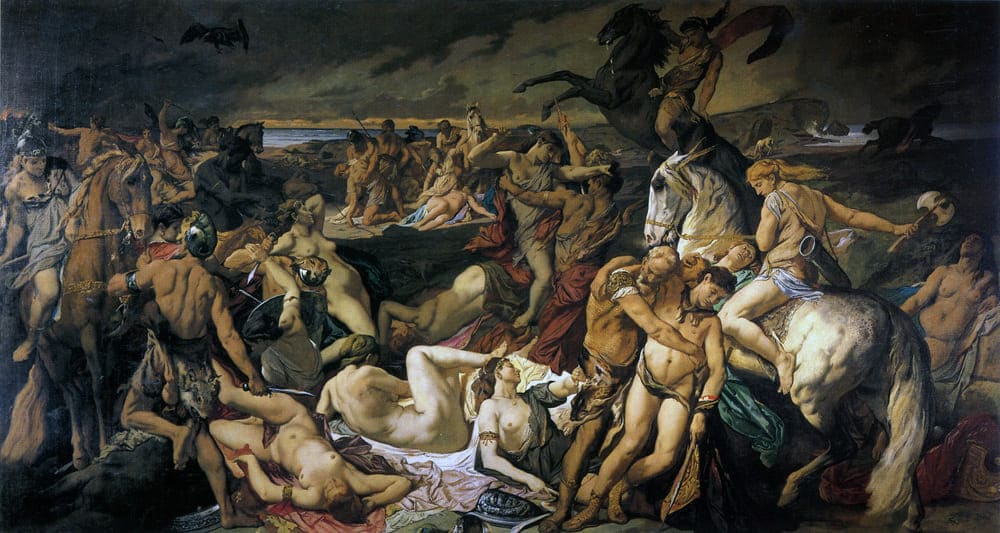
poem:
I haven’t heard a word from her
I honestly wish I was dead
When she left, she cried
a lot; She told me: “This farewell must be
endured, Sappho. I leave reluctantly.”
I said: “Go and be happy
but remember (you know
good) who do you leave chained by love
“If you forget me, think
of our gifts to Aphrodite
and all the beauty we share
“all the violet tiaras,
braided rosebuds, dill and
saffron entwined around your young neck
“myrrh poured on your head
and on soft little mats with
everything they wanted most with them
“while they did not chant voices
choirs without ours
no woodland flourished in spring without song…”
Samsung Store: Galaxy Z Fold4

Sappho of Lesbos
Sappho of Lesbos, also known as Sappho of Mytilene, mainly addressed themes such as love, passion and nature. Although much of her work has been lost over the centuries, fragments of her poems survive.
“Like fire caught in a fire,
I tremble to see you, my love,
I can’t speak, my tongue dries up,
a subtle fire runs through my veins,
my eyes are blind, my ears are ringing,
beads of sweat, goosebumps on my skin.
I am greener than the grass, weaker than the breeze,
I faint, oh beloved, because of you.”
The surviving fragments offer a glimpse of the emotional power and lyrical intensity present in Sappho’s poetry.







